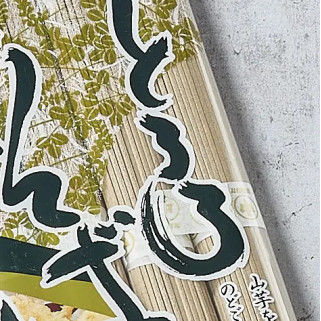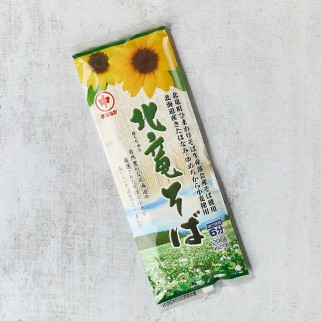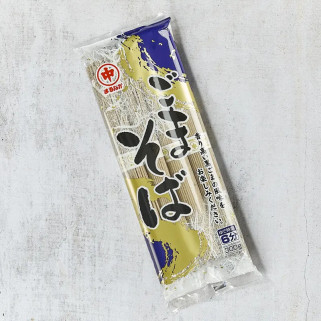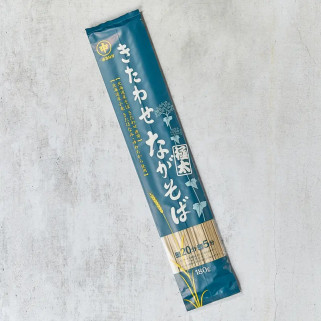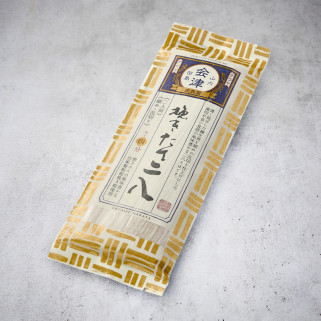Add to my wishlist "Soba oku aizu yam soba"
Select a wishlist to add this product
There are not wishlist.
This product has been added to wishlist.
View my Wishlists
This product has been added to your wish list.
Remove
This product was successfully removed from your wish lists.


Add to my wishlist "Soba oku aizu yam soba"
Select a wishlist to add this product
There are not wishlist.
This product has been added to wishlist.
View my Wishlists
This product has been added to your wish list.
Remove
This product was successfully removed from your wish lists.
€6.10
€30.50 / Kg
(6 reviews)
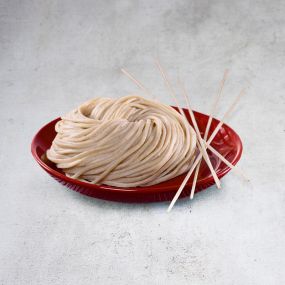

Add to my wishlist "Soba oku aizu yam soba"
Select a wishlist to add this product
There are not wishlist.
This product has been added to wishlist.
View my Wishlists
This product has been added to your wish list.
Remove
This product was successfully removed from your wish lists.
Soba noodles
You will be seduced by the delicious scent of buckwheat for these soba Oku Aizu Yam (buckwheat grown and harvested exclusively in Minami Aizu, Fukushima Prefecture).
€6.10
€30.50 / Kg
(6 reviews)


Add to my wishlist "Soba oku aizu yam soba"
Select a wishlist to add this product
There are not wishlist.
This product has been added to wishlist.
View my Wishlists
This product has been added to your wish list.
Remove
This product was successfully removed from your wish lists.
Soba noodles
You will be seduced by the delicious scent of buckwheat for these soba Oku Aizu Yam (buckwheat grown and harvested exclusively in Minami Aizu, Fukushima Prefecture).
€6.10
€30.50 / Kg
(6 reviews)











































